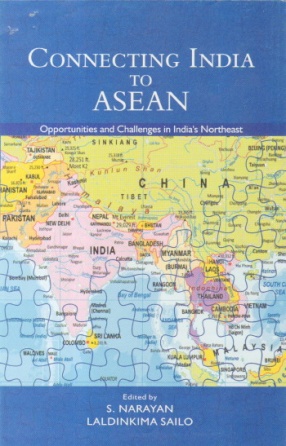Northeast India was largely overlooked, even as India looked eastwards for economic and strategic reasons around the early 1990s. Little was known about the land or the 45 million people that inhabited the region to the outside world. The sense of neglect by the government of India and until recently, of limited interest by academia, media or policy makers outside of the region continued as the region simmered in discontentment and underdevelopment. The lack of understanding of the region, its people, politics and their aspirations will take a concerted effort to rectify.
It was increasingly felt that one of the ways Northeast India could break out of underdevelopment and enter a new realm of economic dynamism was to connect the region with India’s eastern neighbours. While the idea of developing those eastward connectivity linkages gained traction, the lack of scholarly assessment of the challenges and opportunities within Northeast India in the context of South Asia ASEAN connectivity is particularly conspicuous. Indeed, perspectives from the sub-region and the different countries involved need to find common ground through a process of stock taking. The thorough articulation of the different issues that affect the region and how these will impact the designs for greater connectivity is a first step forward.
This book seeks to take stock of the key opportunities and delve into the major challenges that exist in the Northeast that may hinder the development of connectivity infrastructure, while providing a very unique set of perspectives from within the region as well as Bangladesh and Southeast Asia.








There are no reviews yet.